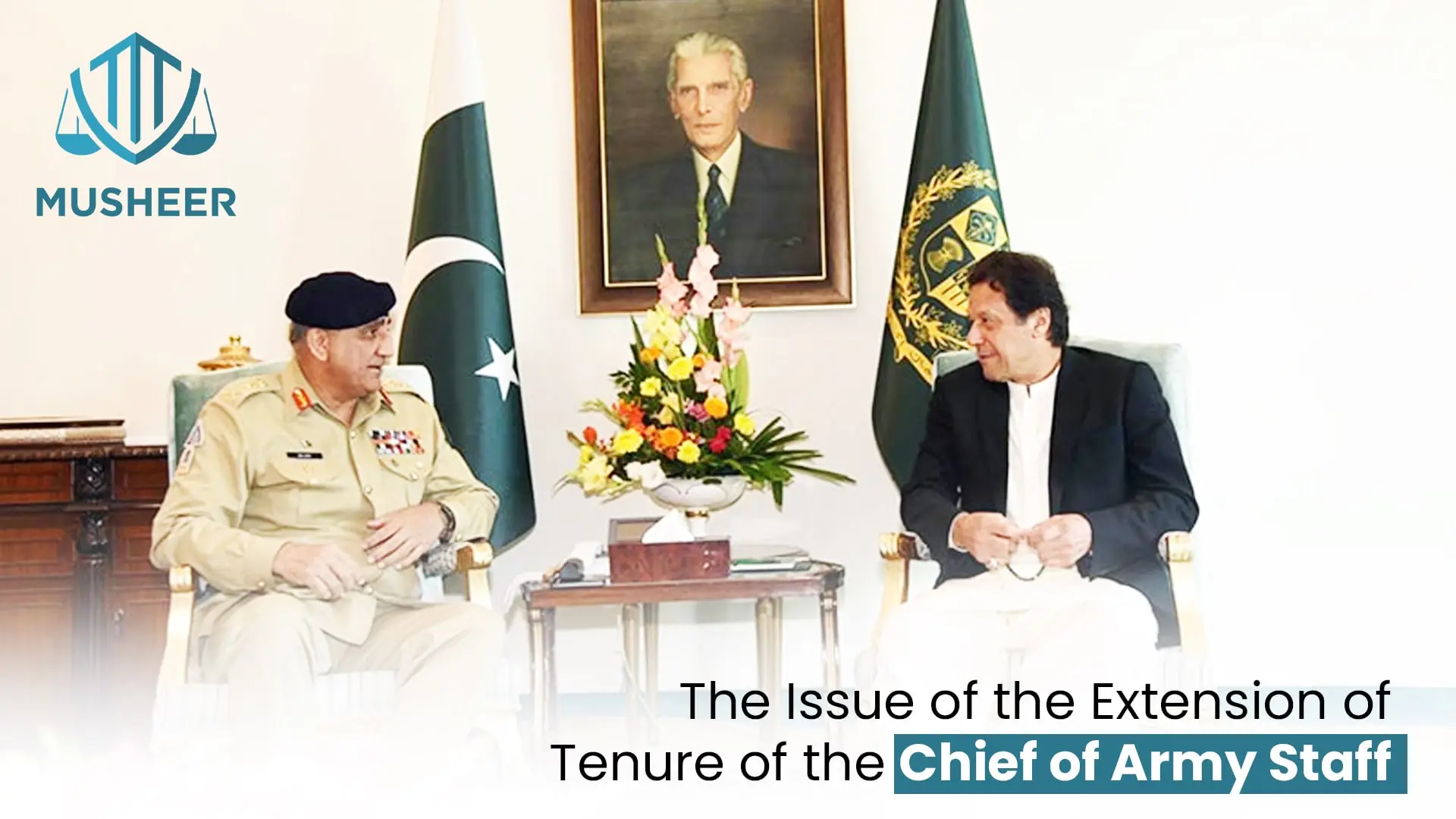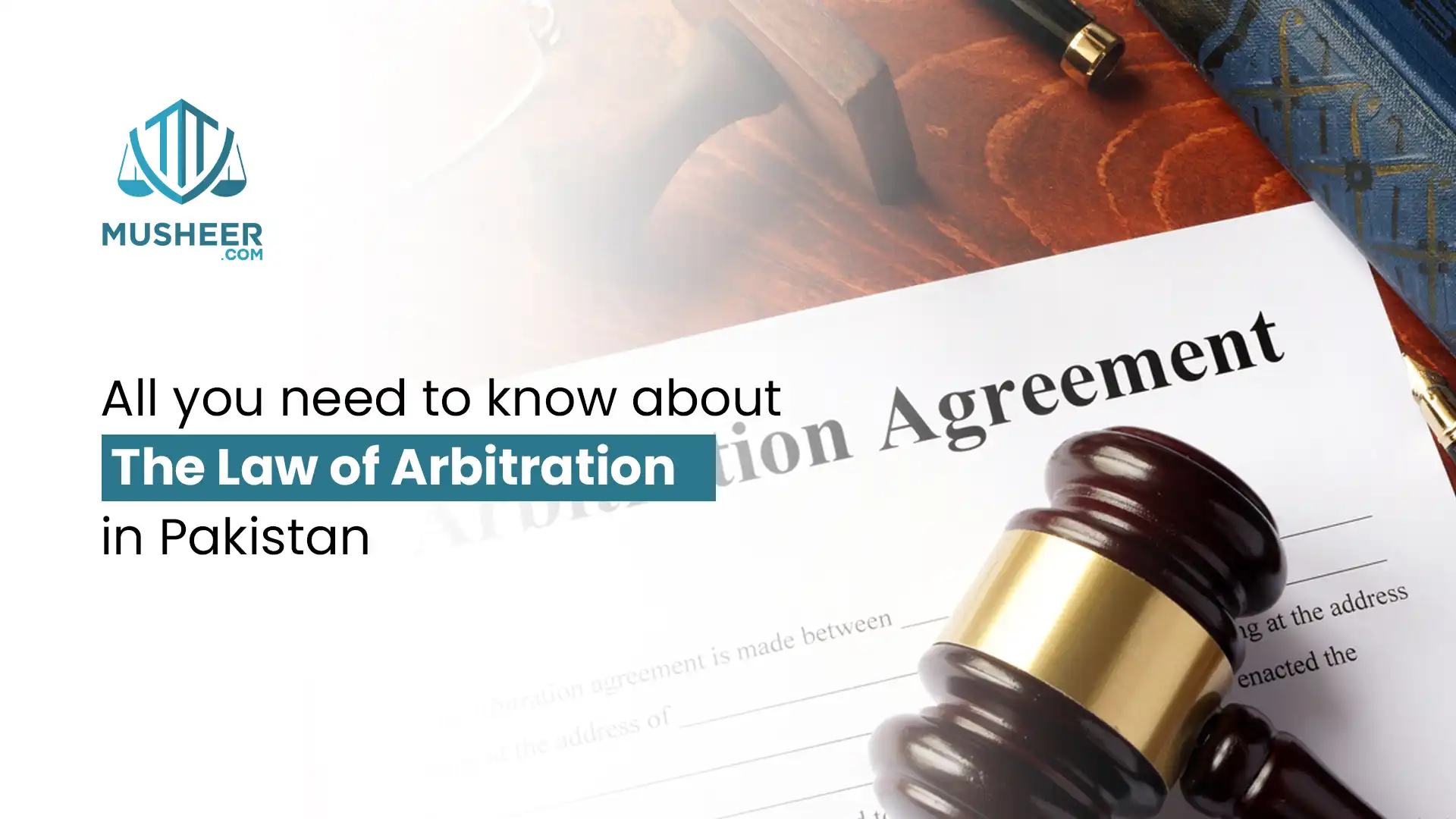General Asim Munir, a former spy chief, recently replaced General Qamar Javed Bajwa, who retired on 29 November 2022 as the new Chief of Army Staff. However, interestingly, General Qamar Javed Bajwa served two consecutive terms of three years each as the Chief of Army Staff.
The moot point here is whether it is legal for a Chief of Army Staff to serve more than one term. How was this extension possible?
Factual Analysis of the Extension of General Qamar Javed Bajwa as COAS:
On 19 August 2019, former Prime Minister Imran Khan announced that he had extended the tenure of Chief of Army Staff Qamar Javed Bajwa for another three years.
The original tenure of the Chief of Army Staff was supposed to end on 29 November 2019, on which date Bajwa would have retired.
Soon after the announcement of the extension, a petition was submitted to the Supreme Court of Pakistan, invoking its original jurisdiction under Article 184(3) of the Constitution, to adjudicate the legality and validity of the tenure extension of the Chief of Army Staff. While the petitioner later wanted to withdraw the petition, the Supreme Court, holding the matter to be a case of public interest litigation (“PIL”), refused to allow the withdrawal.
On 28 November 2019, Just one day before Bajwa's potential retirement, a three-member bench of the Supreme Court headed by then Chief Justice of Pakistan, Asif Saeed Khosa and composed of justices Syed Mansoor Ali Shah and Mazhar Alam Miankhel, issued a short order nullifying the government's extension notification while temporarily extending Bajwa's tenure for six months.
The Supreme Court ordered the government to put the matter of extension into law in under six months from the date Bajwa would have retired, i.e., 29 November 2019. The Supreme Court questioned the validity of the notification and stressed that there should be a transparent system that everyone is aware of and that the three-year appointment will "become an example " This was the first time in the history of Pakistan that a court questioned the extension of an Army Chief.
The verdict of the Supreme Court stated that “the law to extend the Army Chief tenure does not exist” and that in the past, “several generals were appointed and their tenures were extended without proper legislation.” Therefore, the Court ordered legislation to extend the Chief of Army Staff.
Pakistan Army (Amendment) Act 2020
Thereafter, to address the concerns raised by the Supreme Court, the Parliament passed a law amending the Army Act 1952 called the Pakistan Army (Amendment) Act 2020.
The amendment came out in a very hasty manner without due consideration of many factors. Still, it aimed to provide legitimacy to the extension to the Chief of Army Staff post and the Chairman Joint Chief of Staff Committee (“CJCSC”).
The major points that the amendment provides for are:
-
The amendment provides a measure to the President of Pakistan, acting on the advice of the Prime Minister of Pakistan, to extend the tenure of the Chief of Army Staff and Chairman Joint Chief of Staff Committee by three years in the national security interest or exigencies.
-
The amendment holds that the existing army generals shall appoint the Chief of Army Staff.
-
Furthermore, it sets the maximum retirement age for the Chief of Army Staff at sixty-four years and does the same for the CJCSC. In doing so, the full retirement age of other Generals of the Pakistan army still needs to be decided.
-
The amendment provides a few grounds for the extension but no grounds for tenure.
-
It also allows a General's reappoint for three years, provided they have stayed within the age limit of sixty-four years.
-
The amendment also bars the act of the extension of tenure from being challenged in any court.
Conclusion
The majority's opinion is that the military has a significant role in Pakistan's politics. However, this role of the army in politics, at times controversial, is now being questioned and even criticized. The Supreme Court decision is significant in this regard as it emphasizes the independence of the judiciary by allowing the people's elected government to decide the fate of the army chiefs when they reach their retirement age. Another paramount importance of the decision is questioning the basis for such an extension. This question raises serious concerns for the image of the military not only before the public of Pakistan but also before the international world. Even though the Pakistan Army (Amendment) Act 2020 has some flaws that need to be addressed, it provides a legal basis for the extension of the higher officials of the Army, which was unregulated before.









